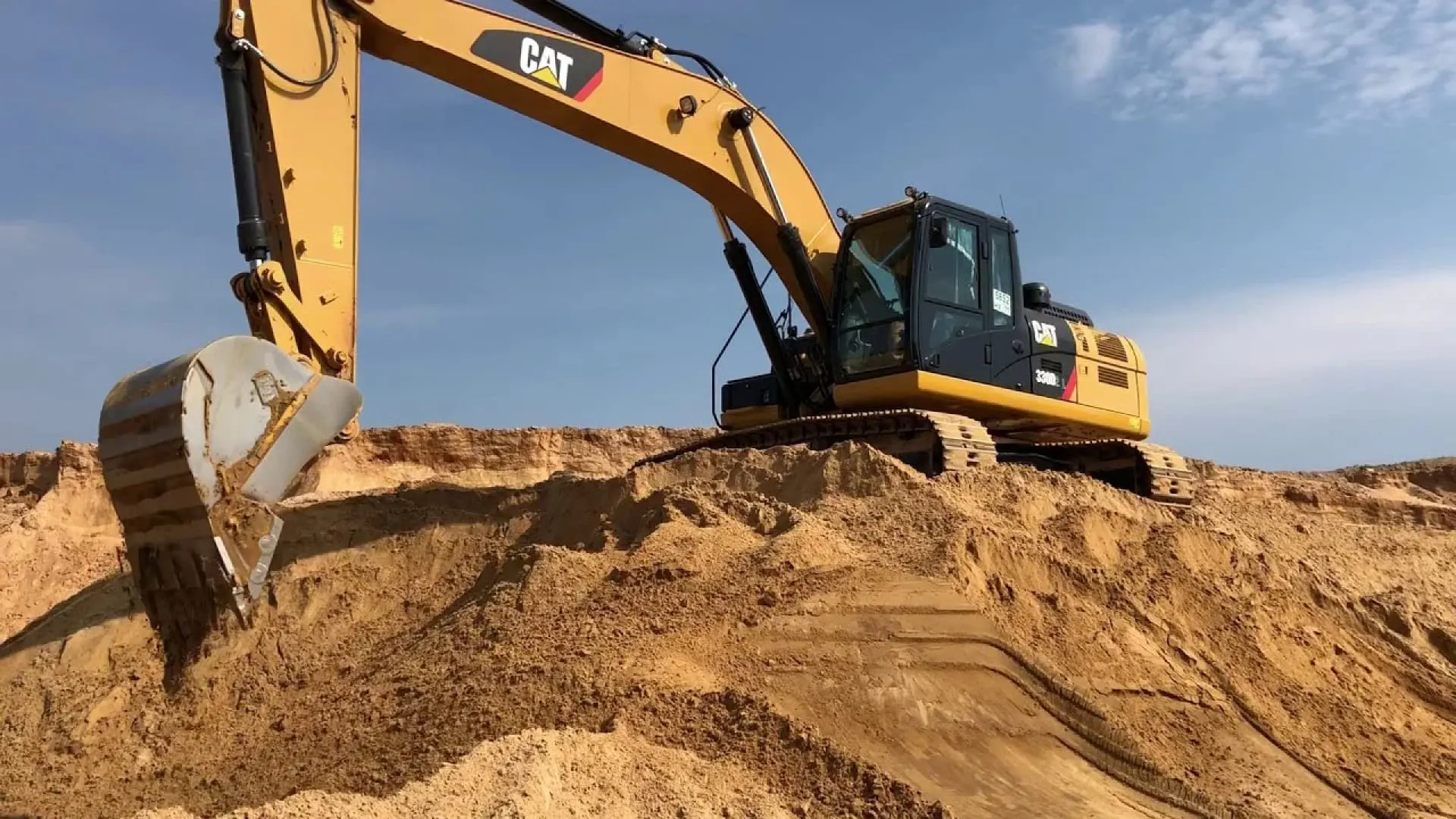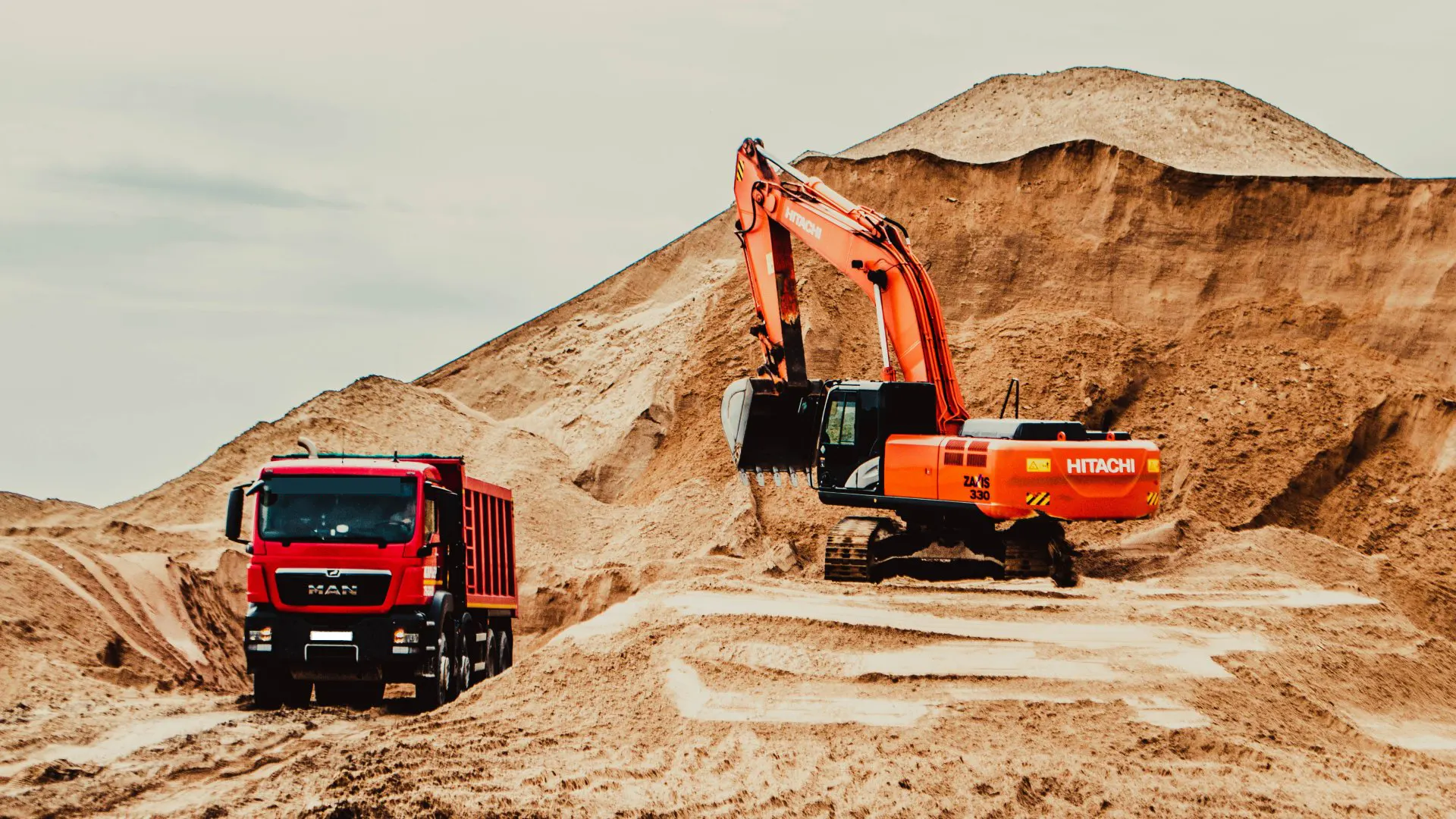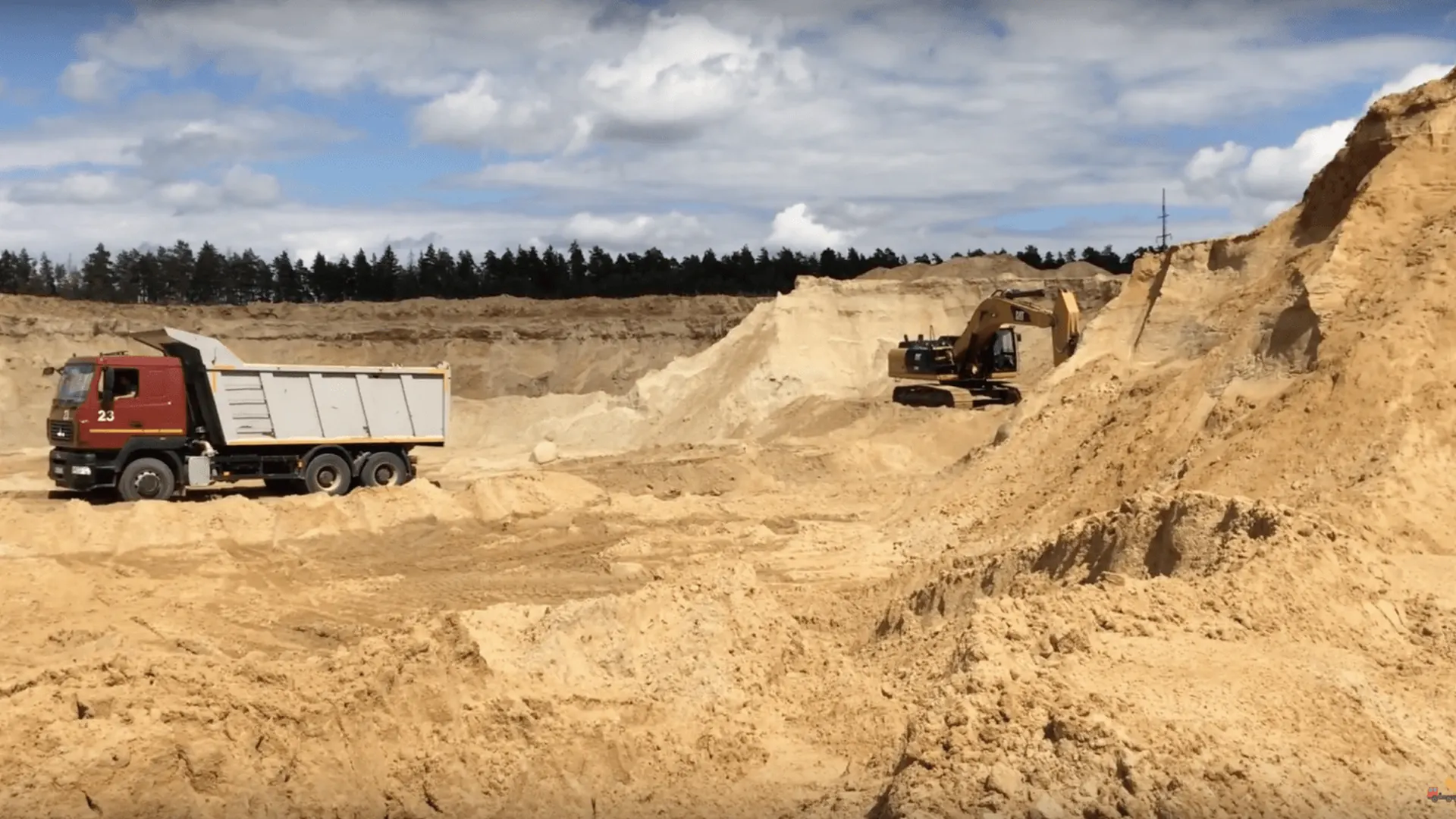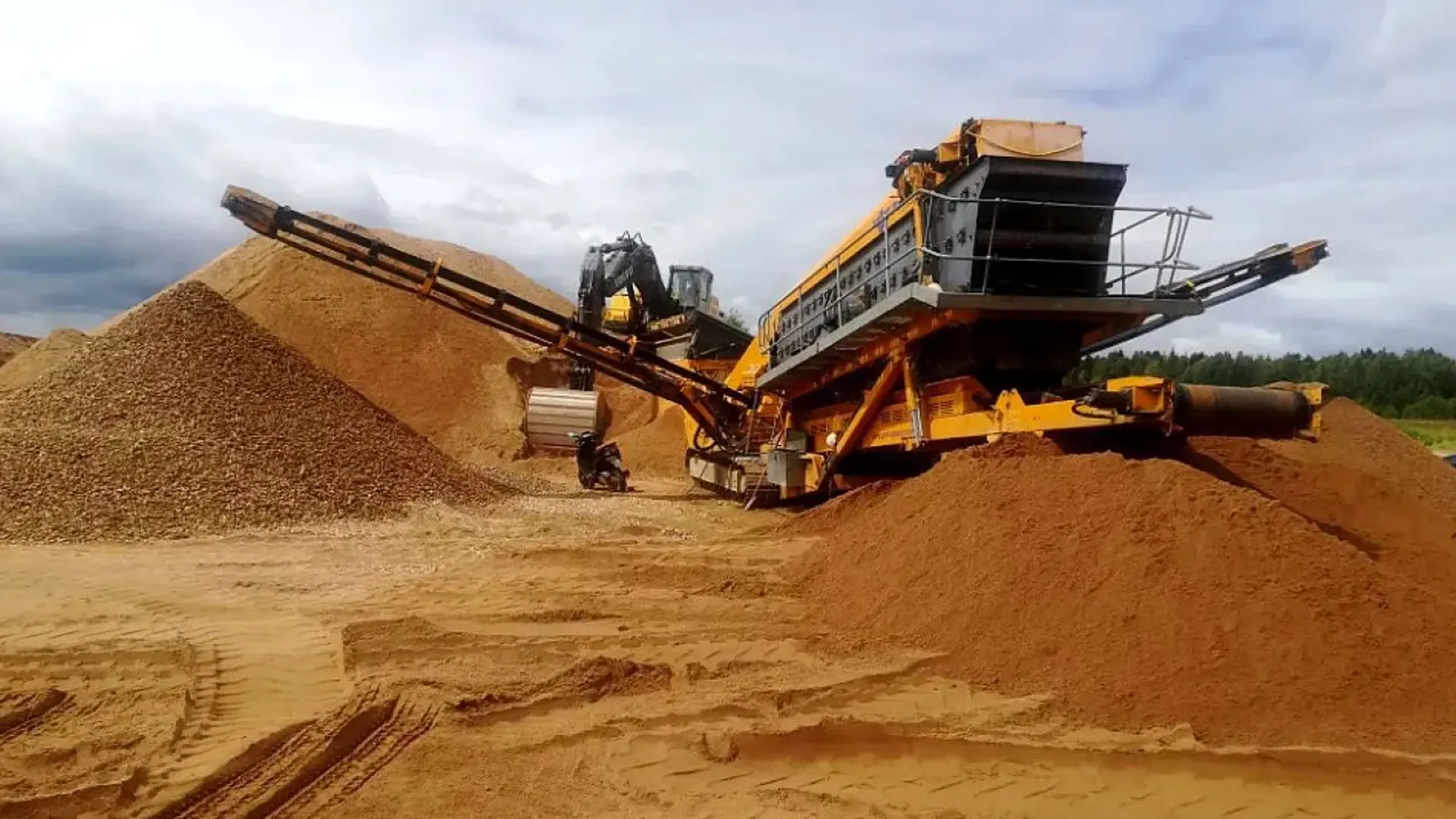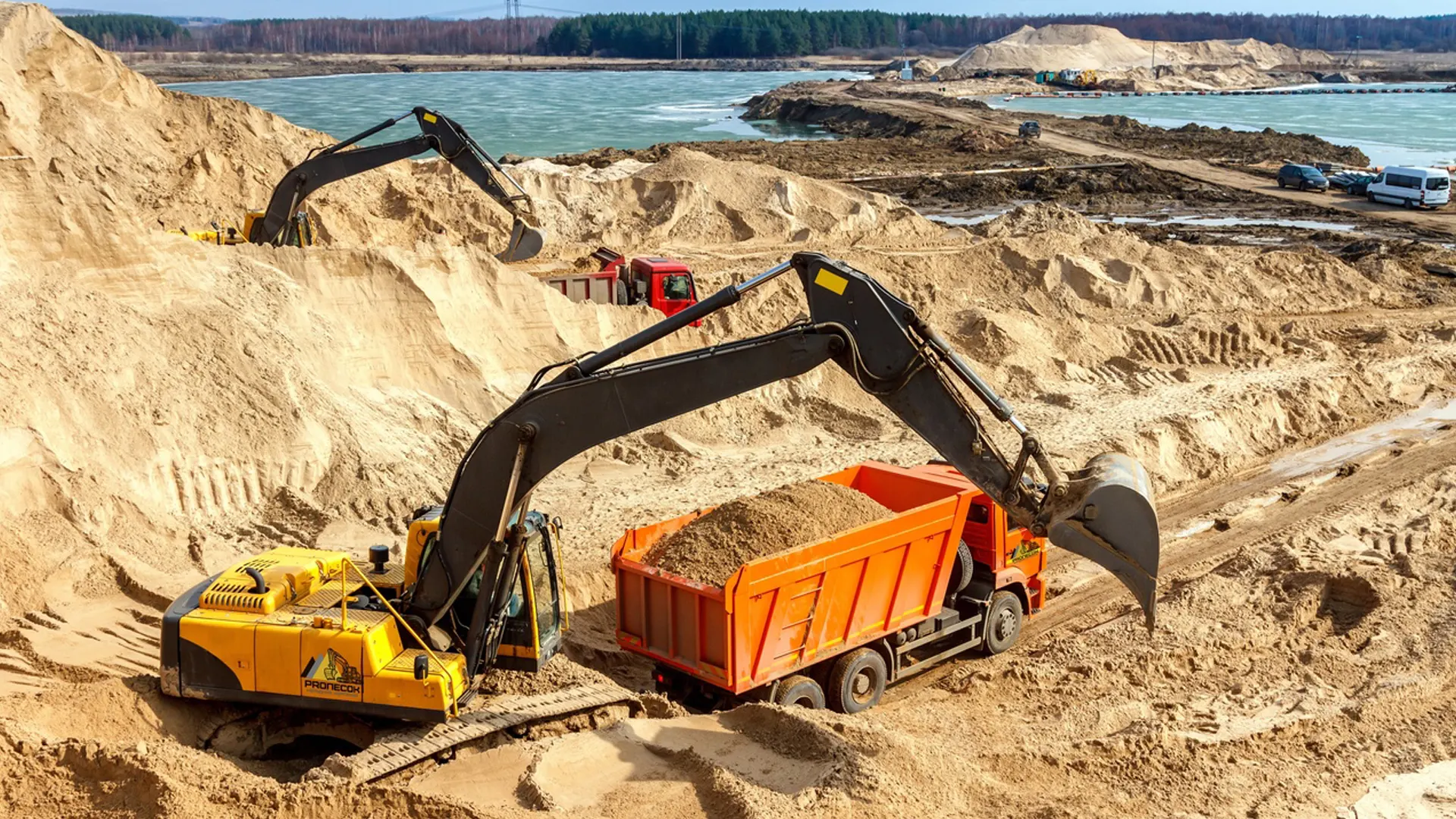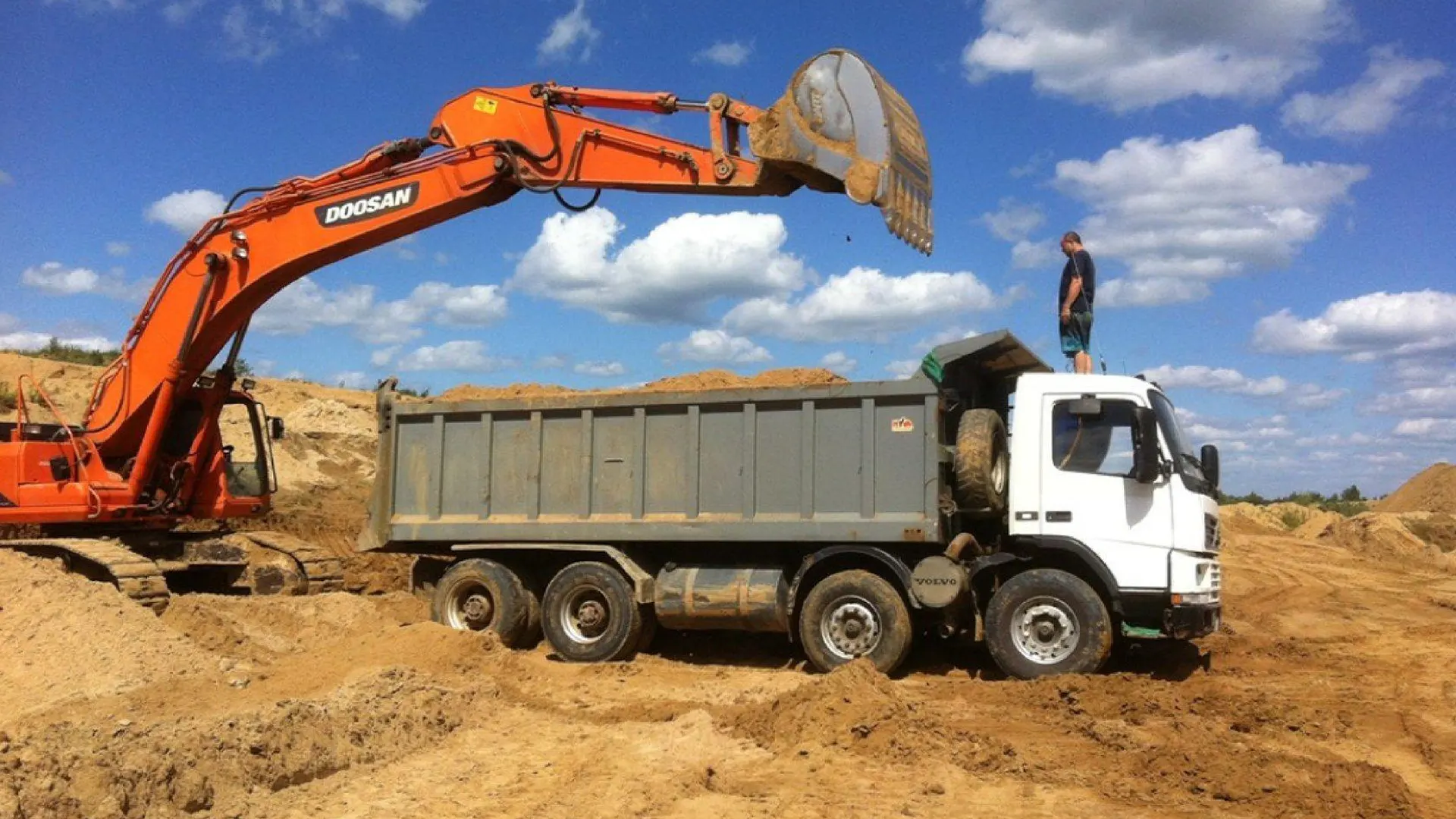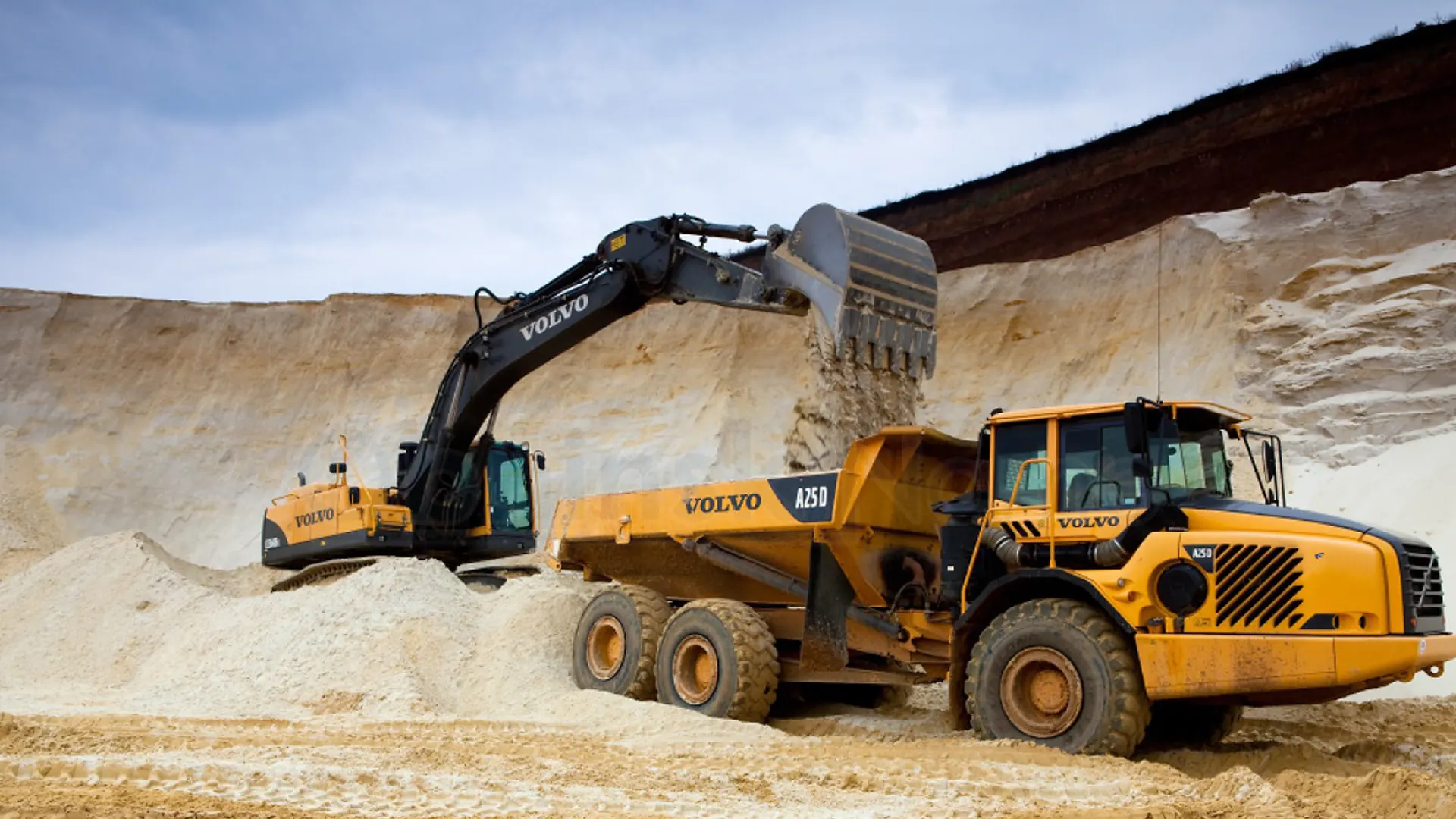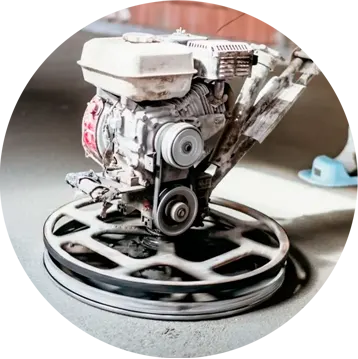Sand: An important building material and its purchase
Sand is one of the most important building materials that is widely used in various construction and manufacturing industries. Whether you are building a house, landscaping, or performing industrial work, purchasing high-quality sand plays a key role in ensuring that the project is completed successfully. In this article, we will look at several important aspects related to buying sand, and why choosing the right supplier can make your construction process more efficient.
- Choosing the right type of sand: The first step when buying sand is to determine its type, as there are several varieties, such as river, quarry, sea, etc. Each type of sand has its own unique properties and is suitable for specific types of work. For example, river sand is commonly used in construction, while sea sand may be suitable for glass production.
- Sand quality: It is important to pay attention to the quality of sand when choosing it. High-quality sand must be clean, free of impurities and impurities, as any defects can negatively affect the strength of building structures or production processes.
- Certification and licenses: When choosing a sand supplier, make sure that it has the necessary certificates and licenses. This ensures that the products meet quality and safety standards.
- Supplier's reputation: Research the reputation of the sand supplier. Customer reviews, market experience, and ratings can serve as good indicators of a company's reliability.
- Price and terms of delivery: Compare prices for sand from different suppliers and pay attention to the terms of delivery. Choose an option that meets your budget constraints and delivery time requirements.
- Environmental aspects: Consider environmental considerations when choosing a supplier. Uncontrolled sand mining can affect ecosystems, so give preference to conservation companies.
Buying sand is an important step in any construction process, and choosing the right supplier can significantly affect the successful completion of the project. A thorough analysis of the type of sand, its quality, certification, supplier reputation, and pricing policy will help you make an informed decision and ensure the long-term sustainability of your construction business.
Our advantages:
- Variety of sand types: We offer a wide range of different types of sand – from river sand to quarry sand. Regardless of whether you are building a house, landscaping a private plot or engaged in industrial activities, we have the right material for you.
- High quality: Our sand meets high quality standards. It is clean, free of impurities and is suitable for various construction and finishing works. Reliability and durability-this is what you will get by choosing us.
- Certification and licenses: We guarantee that all our sand is certified and meets safety standards. We value your trust and work with trusted suppliers.
- Ease of ordering: The purchase process is easy and transparent. You can choose the right amount of sand, place an order online, and we will provide prompt delivery directly to your facility.
- Competitive prices: We offer competitive prices for our sand. We have a flexible system of discounts for regular customers and an individual approach to each customer.
- Environmental responsibility: We take care of the environment. All our sand is extracted in compliance with environmental standards, and we support the sustainable use of natural resources.
How do I place an order?
- Select the desired sand: Check out our catalog and choose the type of sand that meets your requirements.
- Place an order: Add the selected product to your shopping cart and follow the instructions for placing an order.
- Expect delivery: We will promptly process your order and arrange fast delivery directly to the address you specify.
Choose high-quality sand for your construction needs in our store, and we guarantee you reliability, convenience and favorable terms of cooperation. Build a solid foundation for your projects with us!

